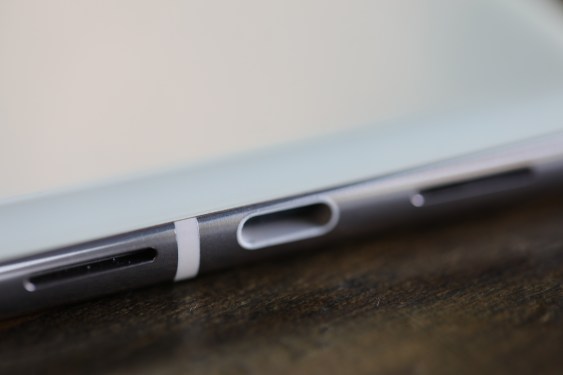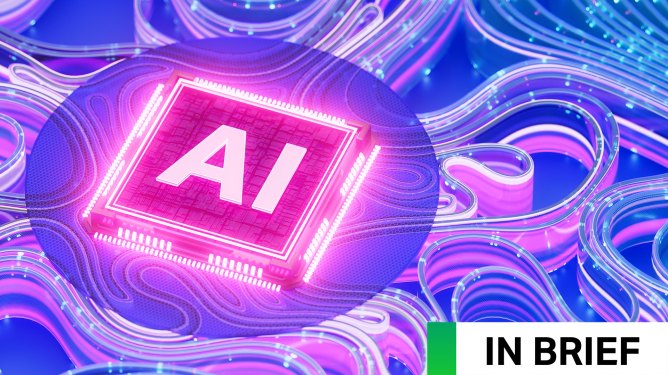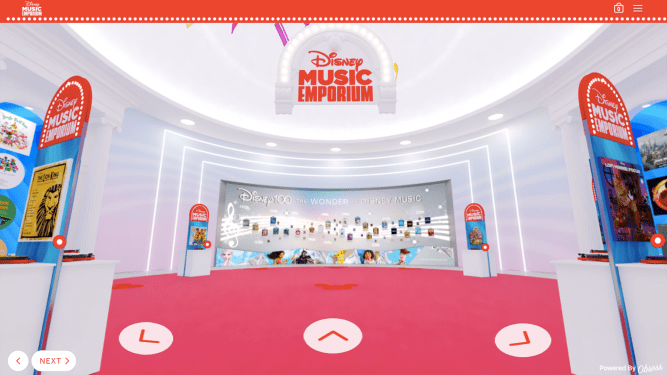Introduction
A little over a week ago, the European Union reached an agreement that will require hardware manufacturers to adopt a common charger — specifically the USB-C standard — by 2024. This move is expected to significantly impact the global charging ecosystem, as manufacturers are compelled to align with this widely adopted standard. The transition to USB-C has been embraced by many industries, but some companies continue to resist the change.
Yesterday, a trio of Democratic senators sent an open letter to Commerce Secretary Gina Raimondo urging the U.S. to follow suit. The letter, signed by Bernie Sanders of Vermont and Elizabeth Warren and Ed Markey of Massachusetts, addresses the growing consumer frustration with the proliferation of different charging cables. According to data from the EU, chargers alone account for around 11,000 tons of e-waste a year. The letter highlights this issue and cites the EU’s successful experience in addressing similar challenges by taking on powerful technology companies.
The lawmakers argue that this policy has the potential to significantly reduce e-waste and improve consumer experiences. They note that consumers are often overwhelmed by the variety of chargers available, leading them to rummage through their junk drawers or purchase new cables at a higher cost. The letter emphasizes that the EU’s approach has proven effective in addressing similar issues, and the U.S. should emulate this success.
The Ubiquity of USB-C
USB-C has become the standard for charging devices across various industries, including electronics, laptops, and smartphones. This standard offers several advantages, such as compatibility with a wide range of devices and ease of use. However, some manufacturers have chosen to continue using older standards like micro-USB or proprietary ports.
The most notable example of this resistance is Apple’s iPhone line. While the company has made efforts to phase out older standards in favor of USB-C, it continues to support both micro-USB and Lightning connectors as compatibility options. This decision reflects Apple’s commitment to maintaining backward compatibility with existing devices while embracing new technologies.
The Struggle for Compliance
The transition to USB-C is facing resistance from manufacturers who are concerned about the additional costs and complexities associated with switching. However, the growing demand for universal charging solutions suggests that compliance is inevitable in the near future.
Key Points:
-
Consumer Impact: The proliferation of different chargers has led to confusion and higher costs for consumers. This frustration is evident in the data showing that USB-C adoption is critical to reducing e-waste.
-
EU Experience: The EU’s experience with a similar initiative demonstrates the potential success of universal charging standards. By addressing this issue, manufacturers can streamline operations and reduce waste.
-
Proposed Policy: The agreement reached by the European Union requires manufacturers to adopt the USB-C standard by 2024. This move is expected to have a significant impact on global supply chains and consumer electronics.
Brian Heater’s Background
Brian Heater, an electronics engineer with over two decades of experience in the industry, has been vocal about the challenges posed by the proliferation of different charging cables. He has emphasized the importance of adopting universal standards like USB-C to improve efficiency and reduce waste. His expertise and advocacy have played a crucial role in shaping the discussion surrounding this issue.
Related Articles
For more information on this topic, please refer to the following articles:
- The Rise of USB-C Charging in Europe
- The Impact of E-Waste on Global Charging Standards
- Brian Heater’s Advocacy for Universal Charging Solutions
These resources provide additional insights into the challenges and opportunities associated with the transition to USB-C.
# The Rise of USB-C Charging in Europe and the U.S.
## Introduction
A little over a week ago, the European Union reached an agreement that will require hardware manufacturers to adopt a common charger — specifically the USB-C standard — by 2024. This move is expected to significantly impact the global charging ecosystem, as manufacturers are compelled to align with this widely adopted standard. The transition to USB-C has been embraced by many industries, but some companies continue to resist the change.
Yesterday, a trio of Democratic senators sent an open letter to Commerce Secretary Gina Raimondo urging the U.S. to follow suit. The letter, signed by Bernie Sanders of Vermont and Elizabeth Warren and Ed Markey of Massachusetts, addresses the growing consumer frustration with the proliferation of different charging cables. According to data from the EU, chargers alone account for around 11,000 tons of e-waste a year. The letter highlights this issue and cites the EU's successful experience in addressing similar challenges by taking on powerful technology companies.
The lawmakers argue that this policy has the potential to significantly reduce e-waste and improve consumer experiences. They note that consumers are often overwhelmed by the variety of chargers available, leading them to rummage through their junk drawers or purchase new cables at a higher cost. The letter emphasizes that the EU's approach has proven effective in addressing similar issues, and the U.S. should emulate this success.
## The Ubiquity of USB-C
USB-C has become the standard for charging devices across various industries, including electronics, laptops, and smartphones. This standard offers several advantages, such as compatibility with a wide range of devices and ease of use. However, some manufacturers have chosen to continue using older standards like micro-USB or proprietary ports.
The most notable example of this resistance is Apple's iPhone line. While the company has made efforts to phase out older standards in favor of USB-C, it continues to support both micro-USB and Lightning connectors as compatibility options. This decision reflects Apple's commitment to maintaining backward compatibility with existing devices while embracing new technologies.
## The Struggle for Compliance
The transition to USB-C is facing resistance from manufacturers who are concerned about the additional costs and complexities associated with switching. However, the growing demand for universal charging solutions suggests that compliance is inevitable in the near future.
### Key Points:
- **Consumer Impact:** The proliferation of different chargers has led to confusion and higher costs for consumers. This frustration is evident in the data showing that USB-C adoption is critical to reducing e-waste.
- **EU Experience:** The EU's experience with a similar initiative demonstrates the potential success of universal charging standards. By addressing this issue, manufacturers can streamline operations and reduce waste.
- **Proposed Policy:** The agreement reached by the European Union requires manufacturers to adopt the USB-C standard by 2024. This move is expected to have a significant impact on global supply chains and consumer electronics.
## Brian Heater's Background
Brian Heater, an electronics engineer with over two decades of experience in the industry, has been vocal about the challenges posed by the proliferation of different charging cables. He has emphasized the importance of adopting universal standards like USB-C to improve efficiency and reduce waste. His expertise and advocacy have played a crucial role in shaping the discussion surrounding this issue.
## Related Articles
For more information on this topic, please refer to the following articles:
- [The Rise of USB-C Charging in Europe](#)
- [The Impact of E-Waste on Global Charging Standards](#)
- [Brian Heater's Advocacy for Universal Charging Solutions](#)
These resources provide additional insights into the challenges and opportunities associated with the transition to USB-C.



